Six ASBMB members elected to NAM
The National Academy of Medicine has elected a class of 100 new members, including six members of the American Society for Biochemistry and Molecular Biology. These new NAM members are exceptional scholars who have demonstrated outstanding professional achievement and commitment to service. The ASBMB members among the honorees are Craig Blackstone, Namandjé Bumpus, Peter Glazer, Laura Kiessling, Lisa Monteggia and Yang Shi.
These 2022 elections bring NAM’s total membership to more than 2,200, including 190 international members.
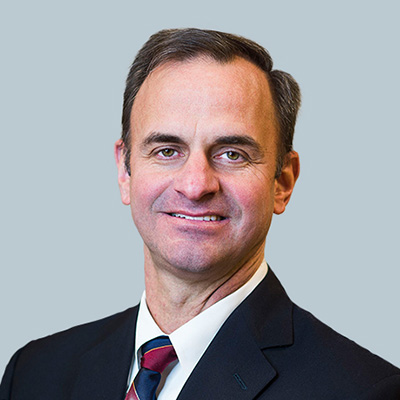
Craig Blackstone, chief of the movement disorders division in the neurology department at Massachusetts General Hospital and professor of neurology at Harvard Medical School, was recognized for identifying the cellular pathogenic mechanisms underlying hereditary spastic paraplegia and providing insight into the basic biology of the endoplasmic reticulum.
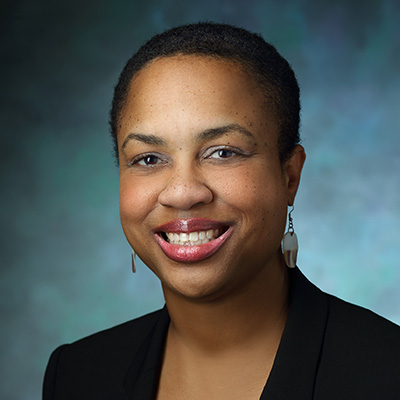
Namandjé Bumpus, chief scientist at the U.S. Food and Drug Administration and a professor of pharmacology at Johns Hopkins University School of Medicine, was recognized for foundational work in drug metabolism and antiviral pharmacology as well as translating fundamental drug metabolism studies to the prediction of patient drug responses.
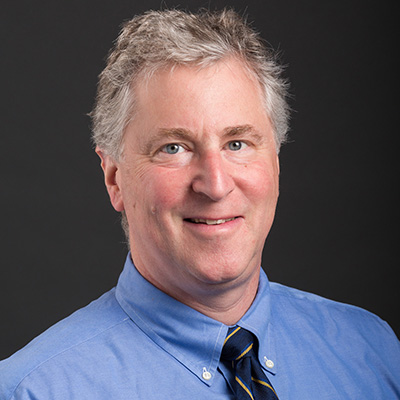
Peter Glazer, professor and chair of therapeutic radiology at Yale School of Medicine, was recognized for discovering that tumor hypoxia causes genetic instability and IDH1 mutations suppress DNA repair in cancers, which cause vulnerability to radiation and PARP inhibitors. Glazer has developed novel drugs for cancer and gene editing, which has led to multiple cancer clinical trials.
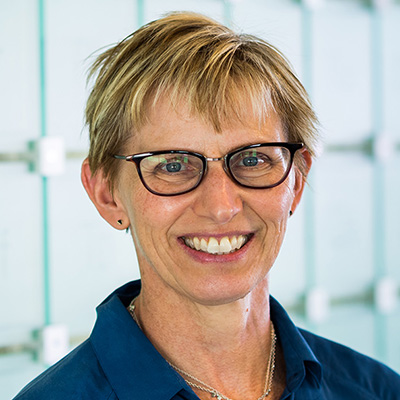
Laura Kiessling, professor of chemistry at the Massachusetts Institute of Technology, was recognized for fundamental discoveries of protein-glycan interactions pertinent to immunity, inflammation, host-microbe interactions and human development.
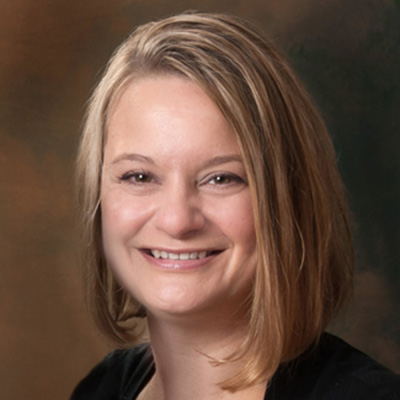
Lisa Monteggia, professor of pharmacology at Vanderbilt University, was recognized for contributions to the neurobiology of emotion, pioneering work identifying a causal link between neurotrophin signaling and antidepressant action, and contributions to understanding the synaptic plasticity mechanisms underlying the therapeutic effects of psychiatric treatments.
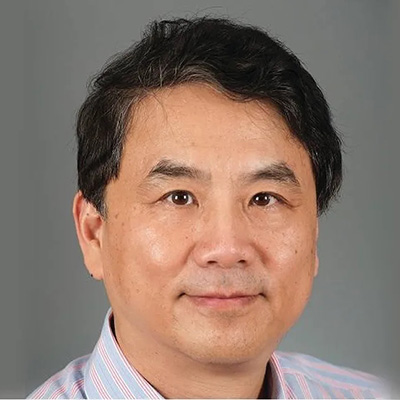
Yang Shi, professor and director of epigenetics at Oxford University and a member of the Ludwig Institute for Cancer Research, was recognized for the groundbreaking discovery that histone methylation is reversible and discovery of the first histone demethylase.
Enjoy reading ASBMB Today?
Become a member to receive the print edition four times a year and the digital edition monthly.
Learn moreGet the latest from ASBMB Today
Enter your email address, and we’ll send you a weekly email with recent articles, interviews and more.
Latest in People
People highlights or most popular articles

From humble beginnings to unlocking lysosomal secrets
Monther Abu–Remaileh will receive the ASBMB’s 2026 Walter A. Shaw Young Investigator Award in Lipid Research at the ASBMB Annual Meeting, March 7-10 in Washington, D.C.

Chemistry meets biology to thwart parasites
Margaret Phillips will receive the Alice and C. C. Wang Award in Molecular Parasitology at the ASBMB Annual Meeting, March 7-10 in Washington, D.C.

ASBMB announces 2026 JBC/Tabor awardees
The seven awardees are first authors of outstanding papers published in 2025 in the Journal of Biological Chemistry.

Decoding how bacteria flip host’s molecular switches
Kim Orth will receive the Earl and Thressa Stadtman Distinguished Scientists Award at the ASBMB Annual Meeting, March 7–10, just outside of Washington, D.C.

Thiam elected to EMBO
He was recognized during the EMBO Members’ Meeting in Heidelberg, Germany, in October.

The timekeepers of proteostasis
Learn about the cover of the winter 2026 ASBMB Today issue, illustrated by ASBMB member Megan Mitchem.
